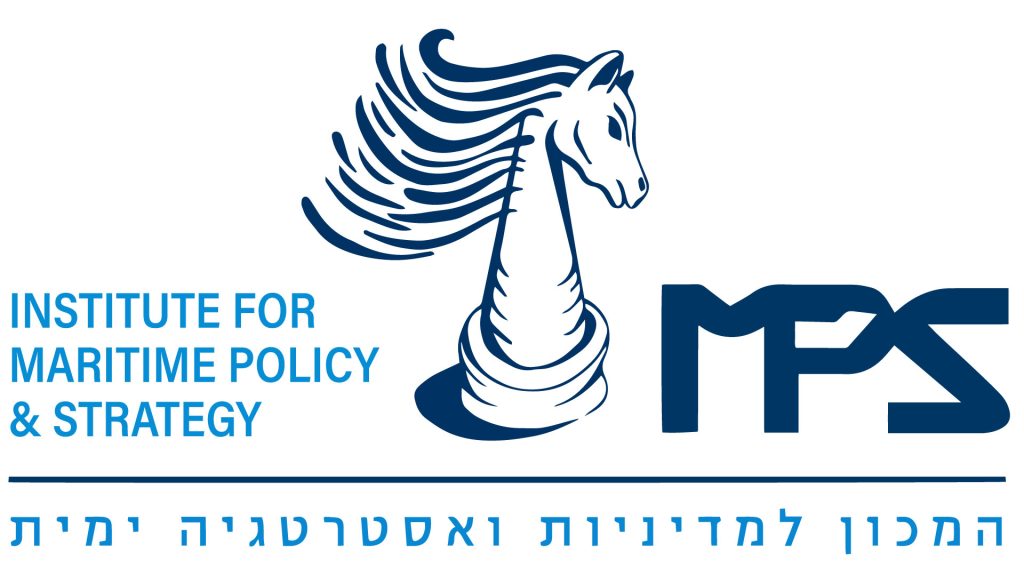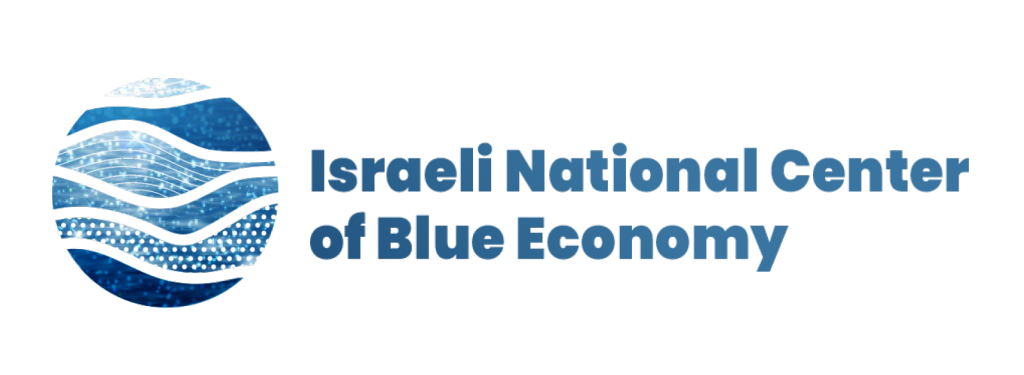Russia’s Military Action in Syria Driven by Military Reforms: The Journal of Slavic Military Studies

The August 2008 war of Russia against Georgia, showing severe shortcomings in Russia’s military capabilities, made Moscow realize that modernization of its armed forces was inevitable to effectively use military power as a policy instrument….
Proceedings of the First Postgraduate Webinar Collaboration
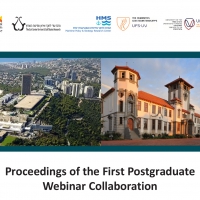
six postgraduate students from the University of Haifa and the University of the Free State met each other virtually, and held a fruitful webinar where a wide range of research topics were presented, and ideas were shared. This ranged from terrorism and drugs, to liberal democracy in Sub-Saharan Africa, organised crime and political elites in Sub-Saharan Africa, to a study on Saudi Arabia’s foreign policy and a study on China’s maritime activities around the Horn of Africa….
Chapter 9. Turkey-Russia Maritime Relations
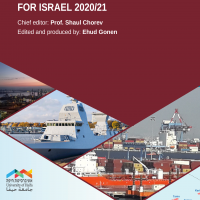
In recent years, Turkey has engaged in a range of ambitious programs in the military, energy and economic fields with the aim of reviving its historical power and expanding its geo-strategic position in the MENA region and beyond….
The Concept for Development of the Mediterranean Coastal Waters of Israel
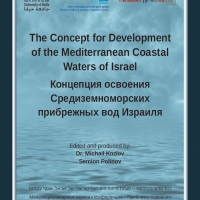
This paper presents an overview reports of scientists and specialists of the Russianspeaking Aliyah at the Interdisciplinary Scientific Conference “Problems of the Development of the Territorial Sea of Israel”, Netanya, November 2018….
Lessons learnt from Epidemics to address Climate Change Nitin Agarwala, Semion Polinov

Nitin Agarwala, Semion Polinov Abstract Public health emergencies of the likes of epidemics and pandemics have been affecting human life for many years now. Many of these health emergencies have forced humans to bring about radical improvements to the then existing health and safety standards and to improve his living conditions and eventually come out stronger to continue business-as-usual. A public-health-emergency-in-waiting, climate change, is however, likely to change the demographics and the future of humans entirely if changes to the existing business-as-usual model are not made. Though humans have the resilience to fight any public health emergency, climate change is one public health emergency that has a slow effect and has the ability to create complex chall…
Need for Development of Adaptive Geostrategies to Address Climate-change: An Indian and an Israeli Perspective

This research paper is a product of the research collaboration between the Maritime Policy and Strategy Research Center, Haifa University (HMS), Israel, and the National Maritime Foundation, New Delhi, with the aim of providing policy recommendations to the respective governments of India and Israel. The issue of climate change continues to hog the lime-light. Even though there is no unanimity in the scientific community about the rate at which climate change is actually occurring, there is no doubt that climate change is actually happening as we speak. Currently, climate change is confined to the field of climatology/ meteorology alone, however, it has implications in many other processes, some of which are natural and some man-made. As the Earth warms up due to climate change, it is r…
US Policy in the Eastern Mediterranean
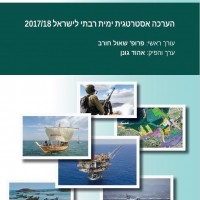
At the time of the previous Israeli Maritime Strategic Evaluation (end of 2016),1 it was already known that a new US administration would be taking over at the beginning of 2017 and it was thought that this would perhaps herald a change in US foreign policy, including its policy in the Eastern Mediterranean….
China’s Maritime Silk Road Initiative

In 2013, the government of China announced an ambitious project called “One Belt One Road” (OBOR), whose name was changed in 2017 to the “Belt and Road Initiative” (BRI). The initiative includes a large number of massive infrastructure and transportation projects along two routes between Europe and China. The land route (One Road) traverses the countries of Central Asia and is based on the historic Silk Road which includes six logistic corridors. The maritime route (the maritime belt – the maritime Silk Road) runs through China, Southeast Asia, Indian Ocean ports, East Africa, the Red Sea and the Mediterranean. At this point, the BRI framework includes about 200 joint projects (along both the land route and the sea route) and the initiative is intended to include about 64 countries….
Developments in the Construction of Artificial Islands and Floating Platforms during the Past Year
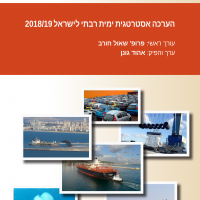
The goal of this chapter is to briefly describe the recent developments in artificial islands in Israel and the innovations in floating platforms….
Strategic Implications of China’s “Belt and Road” Initiative in the Eastern Mediterranean and the Red Sea for Israel and its Allies
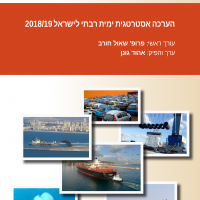
A joint US-Israeli team of experts convened at the University of Haifa on August 22- 23, 2018 with the goal of discussing maritime security in the Eastern Mediterranean. The team’s work is part of the activity of a consortium established in 2016 between the Maritime Policy & Strategy Research Center at the University of Haifa and the Hudson Institute which is located in the US. This was a follow-up to the discussions of a joint team of experts on security and energy issues which took place in 2016 and which produced a joint report published in September 2016 on security and energy in the Eastern Mediterranean….
